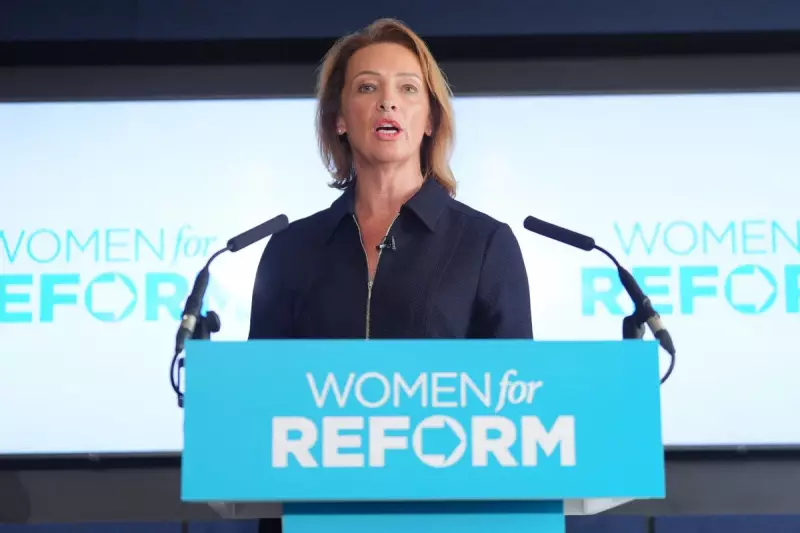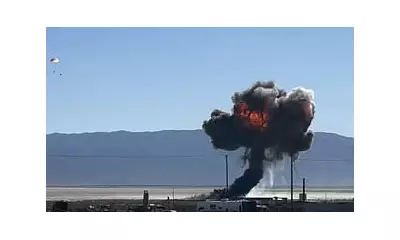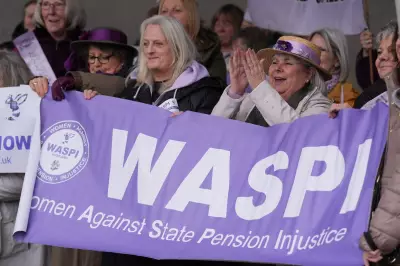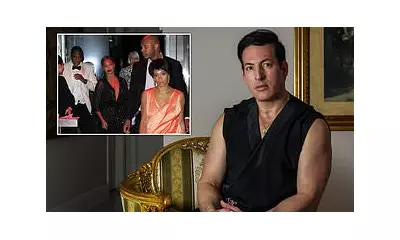
Nigel Farage has found himself at the centre of a fresh controversy after a tense on-air confrontation with British Asian broadcaster Paul Harrison on TalkTV. The Reform UK leader faced accusations of employing divisive rhetoric during the explosive exchange that has since gone viral.
Heated Exchange Over Immigration Comments
The confrontation erupted when Harrison challenged Farage about his previous comments singling out "Muslim men" in discussions about immigration. The presenter directly questioned whether such targeted language risked alienating British Muslim communities and normalising discriminatory attitudes.
Farage defended his position, arguing that he was addressing specific concerns about cultural integration and security. However, Harrison pushed back vigorously, suggesting the Reform UK leader's approach bordered on racist rhetoric and could inflame community tensions.
Backlash and Support Flood Social Media
Following the broadcast, social media platforms became a battleground for opposing viewpoints. Many viewers praised Harrison for what they saw as holding Farage accountable for his language, while others defended the politician's right to discuss immigration concerns openly.
Critics argued that Farage's comments represented a dangerous escalation in political discourse that could marginalise British Muslim communities. Meanwhile, supporters maintained that he was addressing legitimate concerns that other politicians avoid.
Pattern of Controversial Statements
This incident marks the latest in a series of controversial moments for the Reform UK leader regarding immigration and multiculturalism. Political analysts suggest the exchange highlights ongoing tensions within British political discourse about how to address immigration while maintaining social cohesion.
The timing proves particularly sensitive as Reform UK seeks to position itself as a significant force in British politics, capitalising on voter concerns about immigration levels and integration policies.
As the debate continues to unfold online and in media circles, the incident raises broader questions about the boundaries of political discourse and the responsibility of public figures in shaping community relations in modern Britain.





